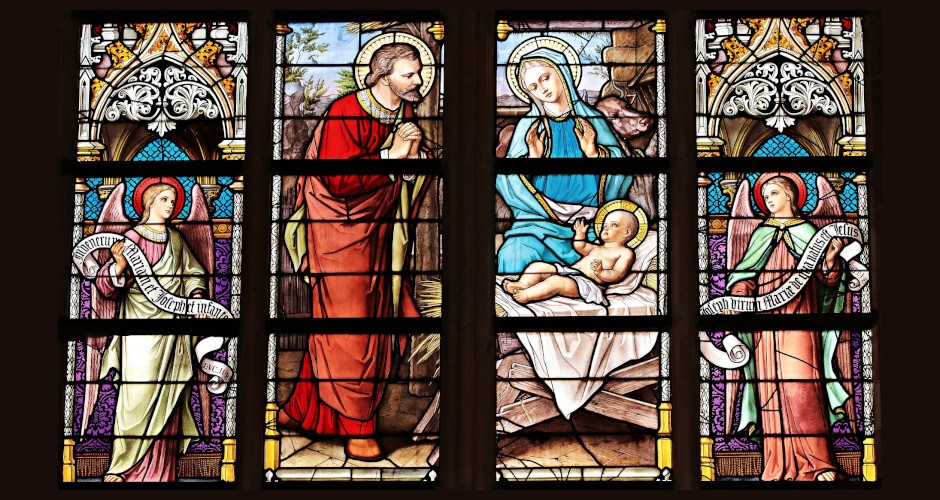What is Theology? Theology embraces all things in heaven and on earth, the natural as well as the supernatural. Primarily it thoughtfully considers the supreme and most simple unity, the divine nature, and secondarily all other things, so far as they are taken up into a union with God so intimate that, according to the profound expression according to the Apostle, “God is all in all (1Corinthans 15:28).
Its correct subject matter is first and foremost the supernatural unity of the divine persons among themselves in the interior of the divine nature, and the union of all creatures with God, and one another in a unity, which though reason could never suspect, is an imitation of the divine ideal. Objectively, therefore, by reason of its subject matter, theology is the most universal, and the most beautiful science that can be conceived. Theology looks at the things on earth through the contemplation of God.
God alone knows immediately the ultimate foundation of all things, His own essence, and perceives how all things proceed therefore by His free will. Through the light of glory He shares His knowledge with the blessed, admits them to immediate intuition of His essence, and in it enables them to perceive all the others objects of theology, and even those of philosophy. In faith we do not, of course, arrive at our own knowledge, but our knowledge is based on God’s vision, and so we anticipate the right vision to be blessed. By faith we have an intimate knowledge of God Himself, the Supreme cause, of His omnipotence, and of the divine decree and plan according to which He is pleased to act in the outer world. And thus we are empowered to survey the whole vast range of theological truths from their heart and center as they are illuminated by supernatural revelation.
However, at the present time we behold neither the divine essence, nor the power, the goodness, and the plan of God in the clearness of vision, but only in dim light of faith, our understanding of the way God acts and communicates Himself is far from being perfect knowledge. Nevertheless, God has revealed to us the connection of the natural and the supernatural orders and their causes, particularly their final causes. From these supreme ends which He pursues in His plan we can conclude, if not all the details, the chief elements of the supernatural order. God’s ultimate aims and ideals, as is the case with everything that has to with the planning and execution of His activity, are derived from Himself, from His own essence. From this essence, as made known us by revelation, we can understand how and why God has ordained the designs of His wisdom as He has, and not otherwise.
To the dweller in time theology reveals his own ultimate and supreme destiny as well as the road that leads to it, and so instructs him to regulate his life and conduct in the wisest way. It shows him the supreme Good of which he is to enjoy a superhuman happiness, and grants him even here below a faint foretaste of its heavenly delights. And so, theology is a science full of delights.
Theology is this, and much more because it flows from the source of all wisdom, the divine wisdom, more directly and in purer and fuller flood than all the other sciences.


